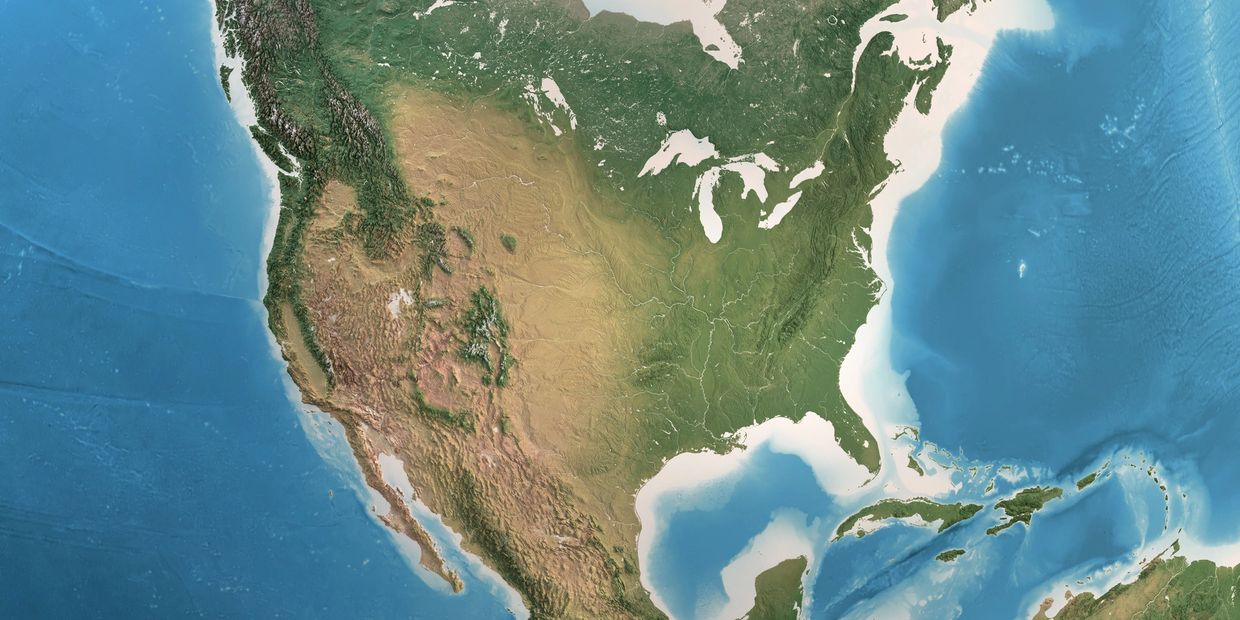PART 3: Safer Places to Live

Not Everywhere is Equal
While some regions face yearly wildfires, floods, hurricanes, or extreme drought, others are better positioned for the future. At Climate Haven, we call these safer places to live — not perfect, but far better bets for long-term security and climate resilience.
Across the U.S., certain regions stand out for their water resources, cooler temperatures, reliable infrastructure, and strong communities. If you’re considering climate relocation, here are a few areas to keep in mind as you search for your own Climate Haven.
Promising Areas for Climate Havens

Great Lakes
Northern New England & Upstate New York
Northern New England & Upstate New York
With one of the largest supplies of fresh water on Earth, the Great Lakes offer a sense of long-term security. Summers here are warm but not extreme, giving people relief compared to much of the U.S. Cities and towns around the lakes are already preparing for growth, making this region one of the most talked-about climate havens.
Consider Duluth, Minnesota; Madison, Wisconsin; Buffalo, New York

Northern New England & Upstate New York
Northern New England & Upstate New York
Northern New England & Upstate New York
This part of the country is rich in forests, farmland, and clean water. Small towns here often have strong schools, hospitals, and community networks that make them feel stable and welcoming. While winters can be snowy, the region is generally well-equipped to handle them.
Consider Burlington, Vermont; Ithaca, New York; Portland, Maine

Inland Pacific Northwest
Northern New England & Upstate New York
Inland Pacific Northwest
Set back from the Pacific Coast, these areas are less exposed to hurricanes and sea-level rise. They still have wildfire risks, but generally lower than coastal California. The mix of mid-sized cities and smaller towns provides options for people looking for both community and open space.
Consider Spokane, Washington; Coeur d’Alene, Idaho; Missoula, Montana

Upper Midwest
Northern New England & Upstate New York
Inland Pacific Northwest
This region is defined by lakes, rivers, and some of the most productive farmland in the U.S. Winters can be long and cold, but that cold also helps buffer against extreme heat and drought. Strong traditions of community and self-reliance make many towns here feel resilient and connected.
Consider Minneapolis–St. Paul, Minnesota; Eau Claire, Wisconsin; Marquette, Michigan
Keep in Mind...
• Sometimes the safest spot is just a few hundred miles away
• Look for some elevation (higher ground = less flooding)
• Keep freshwater at the forefront of your search (lakes, rivers, aquifers)
• Community is essential (hospitals, schools, neighbors who care)
Copyright © 2025 climatehaven.com - All Rights Reserved.